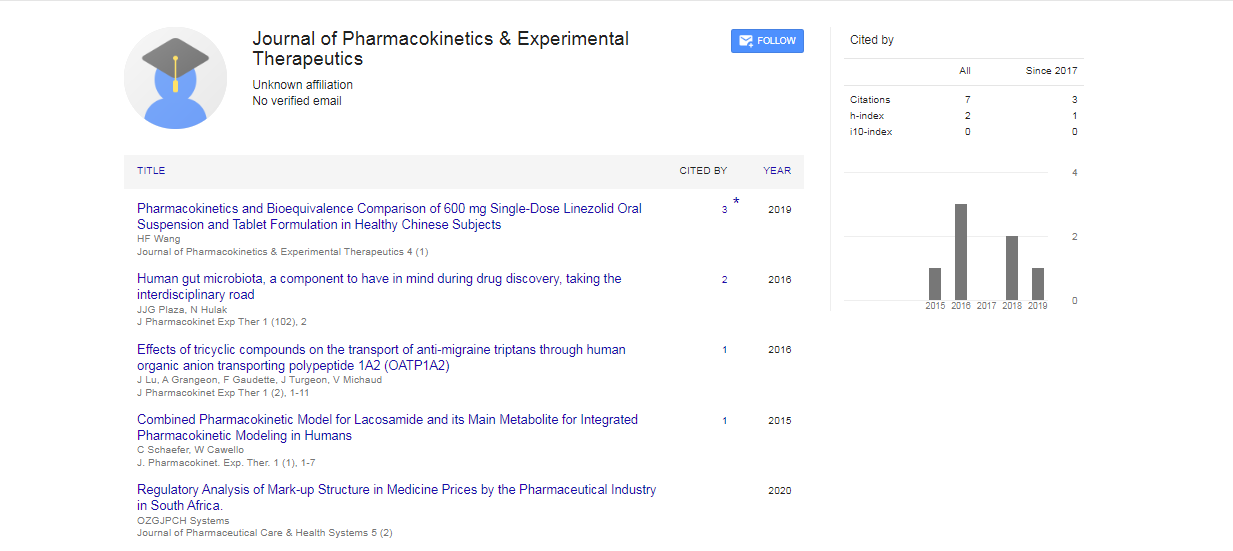Regulatory Strategies For Orphan Drug Development On A Global Scale
*Corresponding Author:
Copyright: © 2020 . This is an open-access article distributed under the terms of the Creative Commons Attribution License, which permits unrestricted use, distribution, and reproduction in any medium, provided the original author and source are credited.
Abstract
Orphan drugs are medicines or vaccines intended to treat, prevent or diagnose a rare disease (viz., Huntington's disease, myoclonus disease, Tourette syndrome, etc.). The definition of rare diseases varies across jurisdictions but typically considers disease prevalence, severity, and existence of alternative therapeutic options. A rare disease is not universal and depends on the legislation and policies adopted by each region or country. In the last 35 years, ODA (Orphan Drug Act, 1983) has been adopted in several countries worldwide (USA, Australia, European Union, Japan, etc.) and has successfully promoted R and D investments to develop new pharmaceutical products for the treatment of rare diseases. The incidences of such diseases have been increasing at a greater pace than the speed with which drugs are researched and developed to treat such diseases. One of the major reasons is that the pharmaceutical industry is not very keen to research the development of orphan drugs as these drugs do not capture a bigger market. This is the current scenario in-spite of the various incentives provided in the orphan drug act. However, in this article, we have tried to focus on existing regulations and policies utilized by various countries namely USA, EU, Canada and Australia. It has been noted, most importantly that the two largest populated countries- China and India, both lack national legislation for orphan medicines and rare diseases, which could have substantial negative impacts on their patient populations with rare diseases.

 Spanish
Spanish  Chinese
Chinese  Russian
Russian  German
German  French
French  Japanese
Japanese  Portuguese
Portuguese  Hindi
Hindi 
